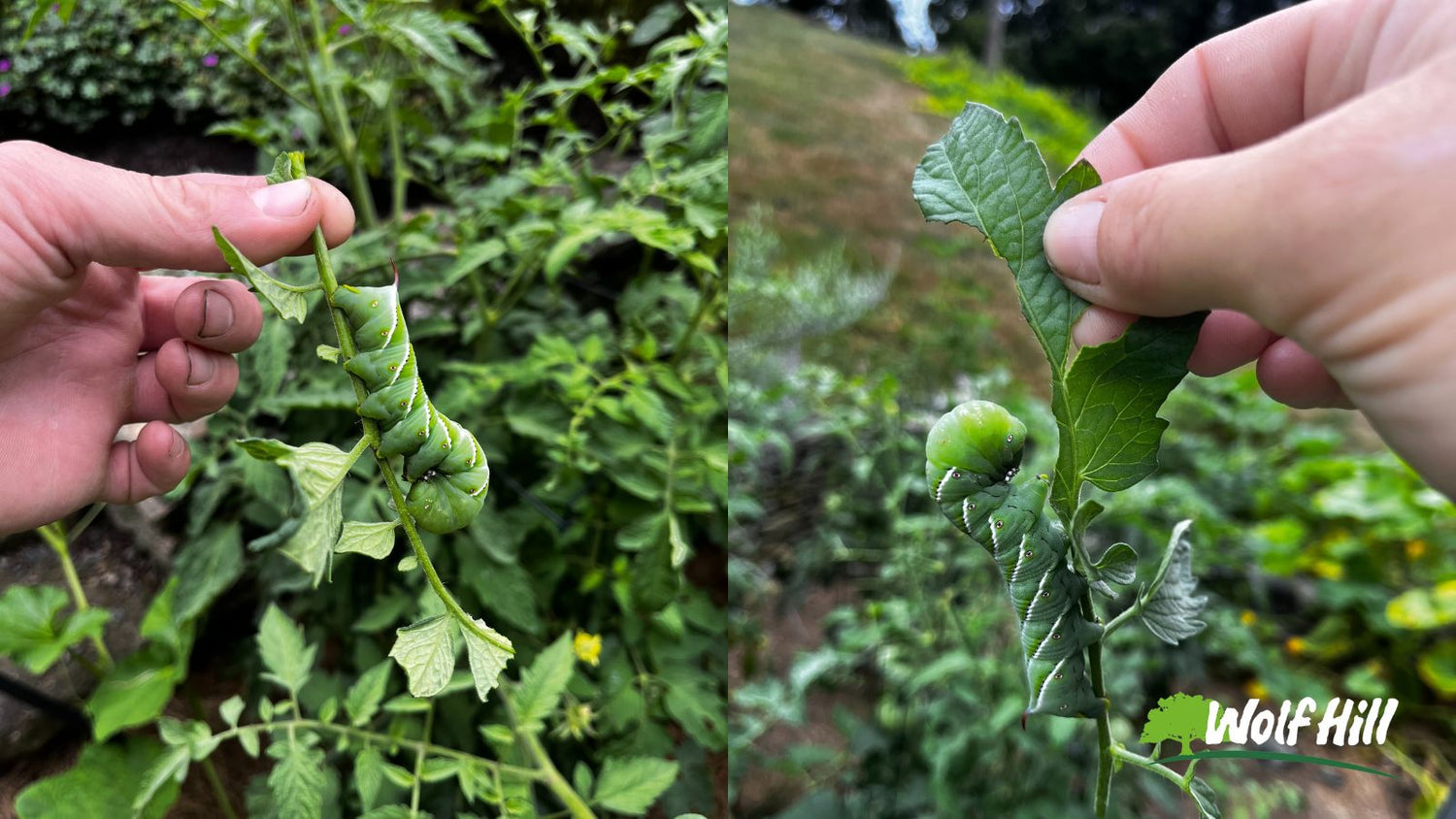Gardening can be a deeply rewarding experience, but it's not without its challenges. One of the hurdles that many gardeners in Massachusetts face is the appearance of pests and diseases that can harm or even destroy plants. At Wolf Hill Home & Garden Center, we understand these concerns and are committed to helping our community tackle them effectively and naturally. This blog post will address some common garden pests and diseases in our region and offer suggestions for natural prevention and treatment methods.
1. Aphids
These tiny insects can be found on a variety of plants, sucking sap and potentially spreading diseases. You can control aphids naturally by introducing beneficial insects such as ladybugs and lacewings into your garden, which prey on aphids. Additionally, a strong spray of water from a garden hose can knock them off your plants.
2. Japanese Beetles
Japanese beetles are a common pest in Massachusetts, known for their metallic bodies and voracious appetites. Handpicking them off plants in the early morning, when they are less active, is an effective method of control. You can also introduce parasitic nematodes to your garden, which target the beetle larvae.
3. Black Vine Weevils
These nocturnal pests cause damage to a variety of ornamental plants and shrubs. Encouraging natural predators, like birds and certain types of beetles, can help control their population. If the problem persists, consider using beneficial nematodes which can kill the weevil larvae in the soil.
4. Powdery Mildew
This is a common fungal disease that appears as a white, powdery coating on leaves. To prevent it, ensure your plants have adequate space for air circulation and avoid overhead watering which can create a damp environment that the fungus thrives in. For mild cases, a homemade spray of water and baking soda can help control powdery mildew.
5. Late Blight
Affecting primarily tomatoes and potatoes, late blight is a disease that thrives in cool, damp weather. It's important to rotate crops yearly and avoid overhead watering to prevent the disease. If you notice signs of late blight, remove and dispose of the affected plants immediately to prevent its spread.
6. Apple Scab
This fungal disease primarily affects apple trees, causing dark, scaly lesions on leaves, fruit, and twigs. To naturally control apple scab, ensure you're pruning your trees for good air circulation and cleaning up fallen leaves that can harbor the disease.
Early Detection & Action
While pests and diseases can pose challenges for gardeners, there are a host of natural methods available to prevent and treat these issues. At Wolf Hill Home & Garden Center, we're here to help guide you through these challenges. From advising on plant placement and watering methods, to providing products like beneficial insects and organic fungicides, we are committed to helping you maintain a healthy, vibrant garden. Remember, the key to handling any garden problem is early detection and action. So, get out there, keep a close eye on your plants, and happy gardening!





